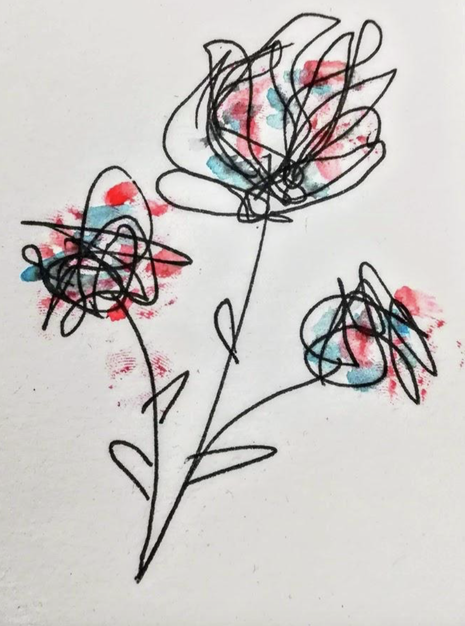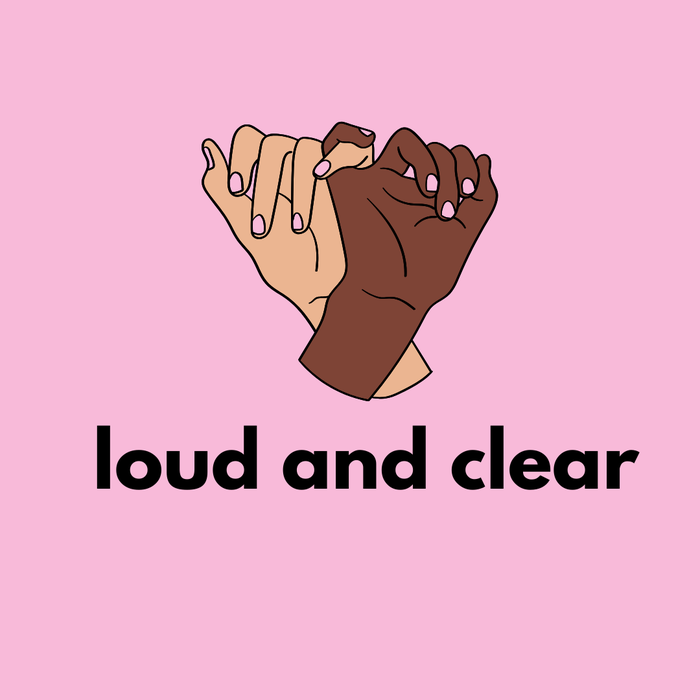Moving On, One Step at a Time
An anonymous student writes about being a victim of sexual assault and reflects on their decision to file a complaint as a student at Cambridge

Content Note: This article contains detailed discussion of sexual assault, sexual harassment and anxiety
For almost a year, I was in denial that my ex-boyfriend had sexually assaulted me. I had pushed it to the back of my mind like an ugly secret, something I thought I should be ashamed of.
Frankly, at the time, I had no idea what it was that that was bothering me. But it was there, making me feel deeply uncomfortable whenever I saw him around after we had broken up. I brushed it off at first, thinking that it was normal to feel scared or uncomfortable after a break-up. After all, he was articulate and funny, a model student. He was the centre of attention in my group of friends, everyone laughed at his jokes, and I was left with a distinct sense of unease that it was my fault. It was only after attending some bystander intervention training, that too a great deal later, that it clicked: I finally had a label for what had happened and that scared me.
"However, it seemed wrong to me that he could go about his life seemingly unperturbed while I suffered panic attacks and severe anxiety for something that wasn’t my fault."
Like for most people in relationships, I had never expected this from a person I once cared so deeply for. It seemed implausible to me that someone I knew personally could do such a thing. Sexual assault is something that happens to someone else. We make excuses like ‘he wouldn’t do that to me’ and we tell ourselves ‘he didn’t mean it’. We excuse their behaviour because it is the easy option. It means that we don’t have to consider the scary alternative that they are not the person we once thought they were. Looking back, I am so thankful my relationship ended and I am now in a much better place.
Of course, these incidents didn’t just go away after they happened. In therapy, I went back and forth many times on whether or not to take it forward and report the incident. I asked a mutual friend about this and was told by the friend that it was too much fuss, it would make life difficult for me and that it would create a division among my (and his) friends. So I kept quiet. However, it seemed wrong to me that he could go about his life seemingly unperturbed while I suffered panic attacks and severe anxiety for something that wasn’t my fault. One or two of my friends know about what he did and they still consider him their friend. Perhaps I am biased but if I knew a friend had done what he did, I would seriously reconsider that friendship.
After almost nine months of wavering, I decided to take the issue forward. I first took it to college and then to the university where it was deemed an ‘indictable offence’ and therefore not something college could interfere with. I feel like I have finally done my past self justice. I finally feel safe in college, where I had previously felt constantly on edge. But even now, I am not allowed to tell people the entirety of the truth. I still keep details of the incidents to myself like it’s something shameful and although I have come to accept it, it doesn’t feel fair to me. He is unidentifiable and, while part of the process I enacted requires him to reflect on his actions, he is still anonymous, protected. Even under normal circumstances, I find it hard to keep a secret. With this incident, I have been left with no choice but to distance myself from our mutual friends because I know if I tell them the details I could get accused of harassment.
"Taking the complaint forward was one of the best decisions I have ever made. Not only do I feel safe in college but I feel empowered and independent for the first time in a long time."
No decision to go forward is easy and many decide that it is not the path for them. The truth is, it shouldn’t be as difficult as it currently is - I had to go to meeting after meeting retelling my side of the story and living the events all over again. It is challenging to describe, in detail, what happened to you in front of senior members of college. It was something that would often lead to me crying or going to bed with mental exhaustion just a few hours later. Luckily, I had a therapist to talk these feelings through with. But I cannot imagine how much harder this would be without support. Unfortunately, it is easy to see why many don’t take these cases forward. In defence of the university, the process I went through was completed in around a week or two after I had gone through college. Still, it’s not an experience that is encouraging for victims to come forward.
In light of Jesus College’s initial statement (taking possible disciplinary action against victims of sexual harassment who report cases in which COVID-19 rules were broken by them) and the difficult times we are living in, the situation is becoming even more complicated for victims of sexual assault. Jesus’ policy, while being reviewed, is still effectively a way to protect the attacker and make the victim feel as though they cannot come forward for fear of being punished more than they feel they already have. When I came forward, I was assured that what had happened to me was wrong and that I had every right to take things further. At that time, it would not have taken much to discourage me from seeking the closure I so desperately needed. If I had known that I would have been reprimanded for being irresponsible, I would have definitely thought twice. The insensitivity of the Jesus set up placed the blame on the victim in what came across to me as almost a ‘they were asking for it’ argument.
Taking the complaint forward was one of the best decisions I have ever made. Not only do I feel safe in college but I feel empowered and independent for the first time in a long time. I have a clearer sense of who I am and what my values are, which, going forward, is not a bad thing. The trauma may never truly leave me but at least I can be at peace with the way I have dealt with it, even if it has been an exhausting and arduous process. I wish more people talked (or could talk) about these issues because it is refreshing to be open. Anonymously, of course.
If you are affected by any of the content of this article, you can visit the University Counselling Service page. If you would like to look into reporting a case of sexual harassment or assault, you can visit the Student Complaints page. The Students' Union Advice Service provides a more comprehensive list of support resources.
 News / CUP announces funding scheme for under-represented academics19 December 2025
News / CUP announces funding scheme for under-represented academics19 December 2025 News / Cambridge welcomes UK rejoining the Erasmus scheme20 December 2025
News / Cambridge welcomes UK rejoining the Erasmus scheme20 December 2025 News / SU reluctantly registers controversial women’s soc18 December 2025
News / SU reluctantly registers controversial women’s soc18 December 2025 Film & TV / Timothée Chalamet and the era-fication of film marketing21 December 2025
Film & TV / Timothée Chalamet and the era-fication of film marketing21 December 2025 News / News in Brief: humanoid chatbots, holiday specials, and harmonious scholarships21 December 2025
News / News in Brief: humanoid chatbots, holiday specials, and harmonious scholarships21 December 2025









